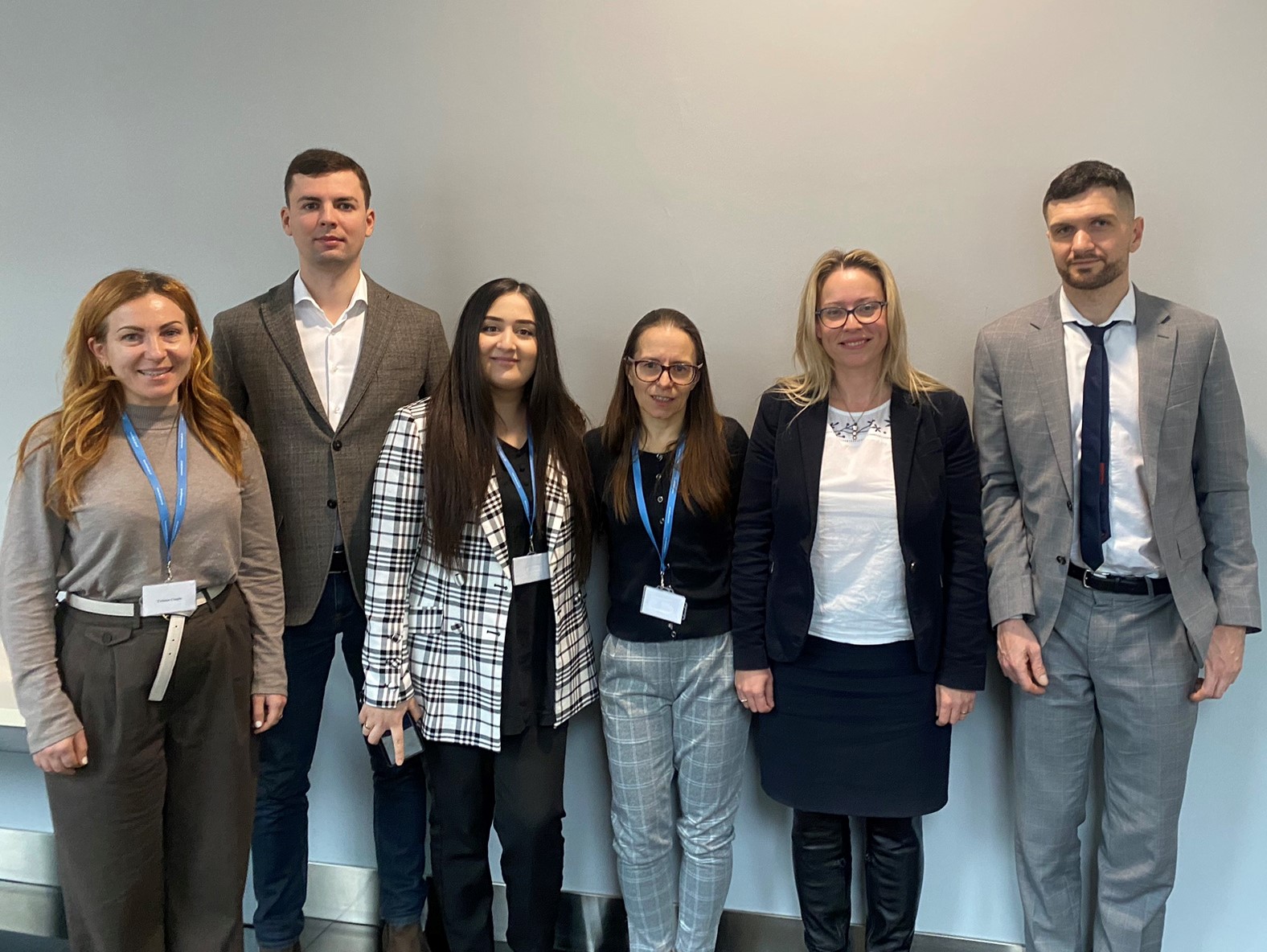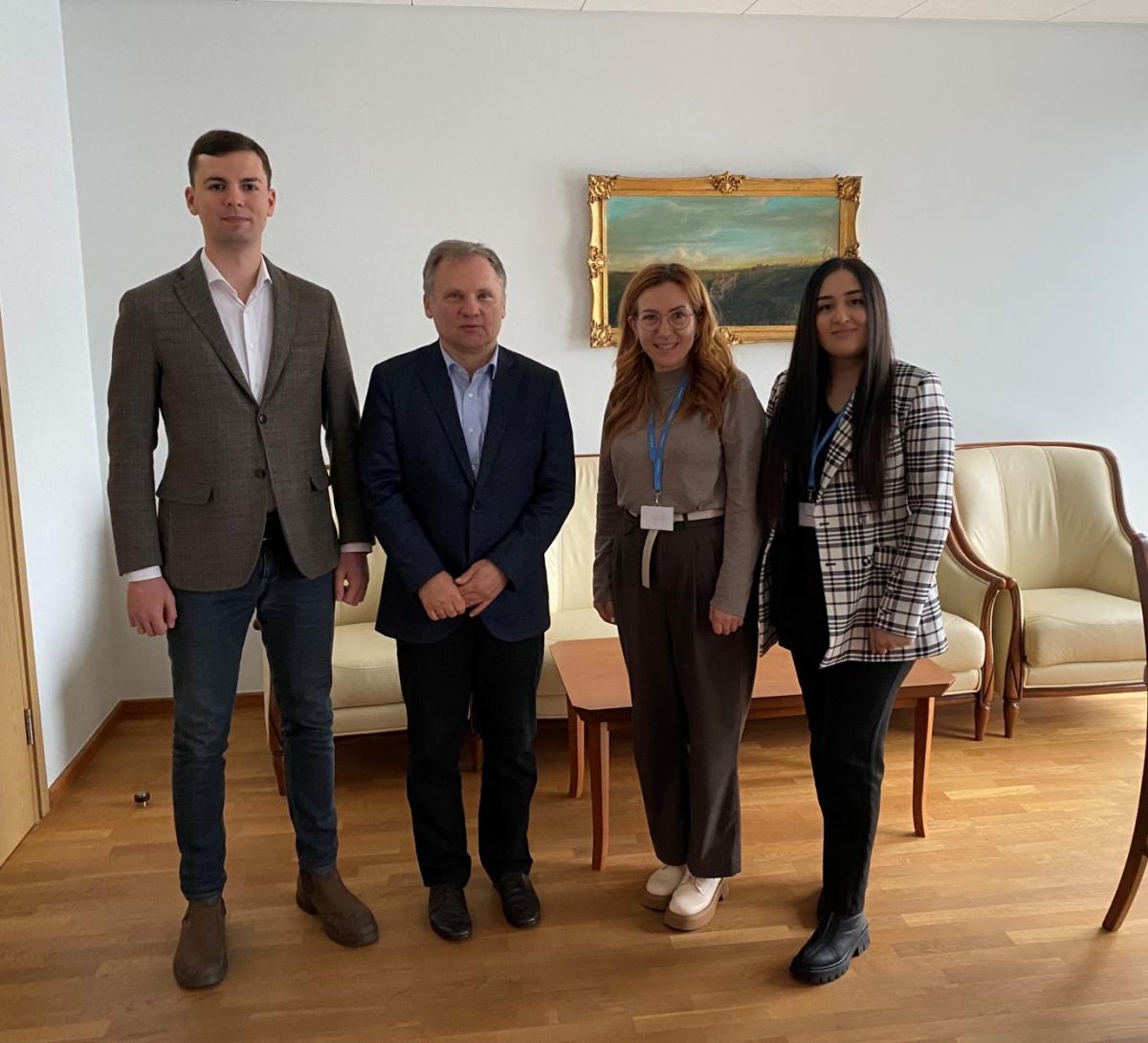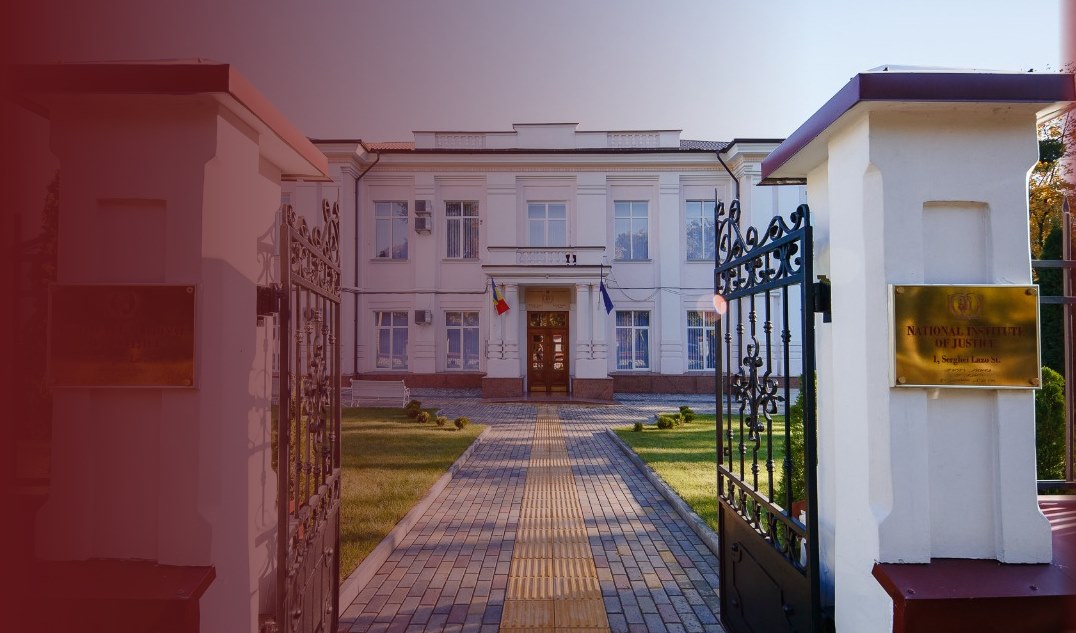
Representatives of the National Institute of Justice – Tatiana Ciaclig, Head of the Legal Information Center, such as trainees: Tatiana Bruma, future judge and Catalin Lisii, future prosecutor, participated in a language training ,,New Challenges for Justice in the Context of War: The compensation for victims of war”– criminal and civil aspect, organized by the National School of Judiciary and Public Prosecution, during November 17-18 in Krakow.
The mixed training session, consisting of the legal and linguistic component, of improving the English language in the professional activity took place in the frame of the Visegrád four (V4) events hosted every year by the national magistracy schools of the Czech Republic, Poland, Slovakia and Hungary.
During two days, participants were familiarized with issues related to European and American standards for compensation to victims of war crimes, victims of genocide or victims of crimes against humanity. At the same time, they took note of the international approach of the terms: victims, indirect victims of genocide or massacres: crimes and their victims in the international case law, the harm suffered by indirect victims, including due to denial of genocide/massacres etc.
Also, the representatives of the NIJ met with the Director of the NSJP, Dariusz Pawłyszcze, on which occasion they thanked for the opportunity to benefit from the actions intended for regional groups of professionals from the four countries.
Visegrád Four events is a traditional form of promoting cooperation and mutual trust between the representatives of the legal system. Although the Republic of Moldova is not part of the V4, the participation of the NIJ representatives in the training was possible due to the Collaboration Agreement signed on August 8, 2022, between the National Institute of Justice of the Republic of Moldova and the National School of Judges and Prosecutors of the Republic of Poland. The document establishes a general framework for cooperation in order to achieve the following objectives: to organize training activities in areas of common interest according to needs assessment and to promote quality training for legal professionals.

